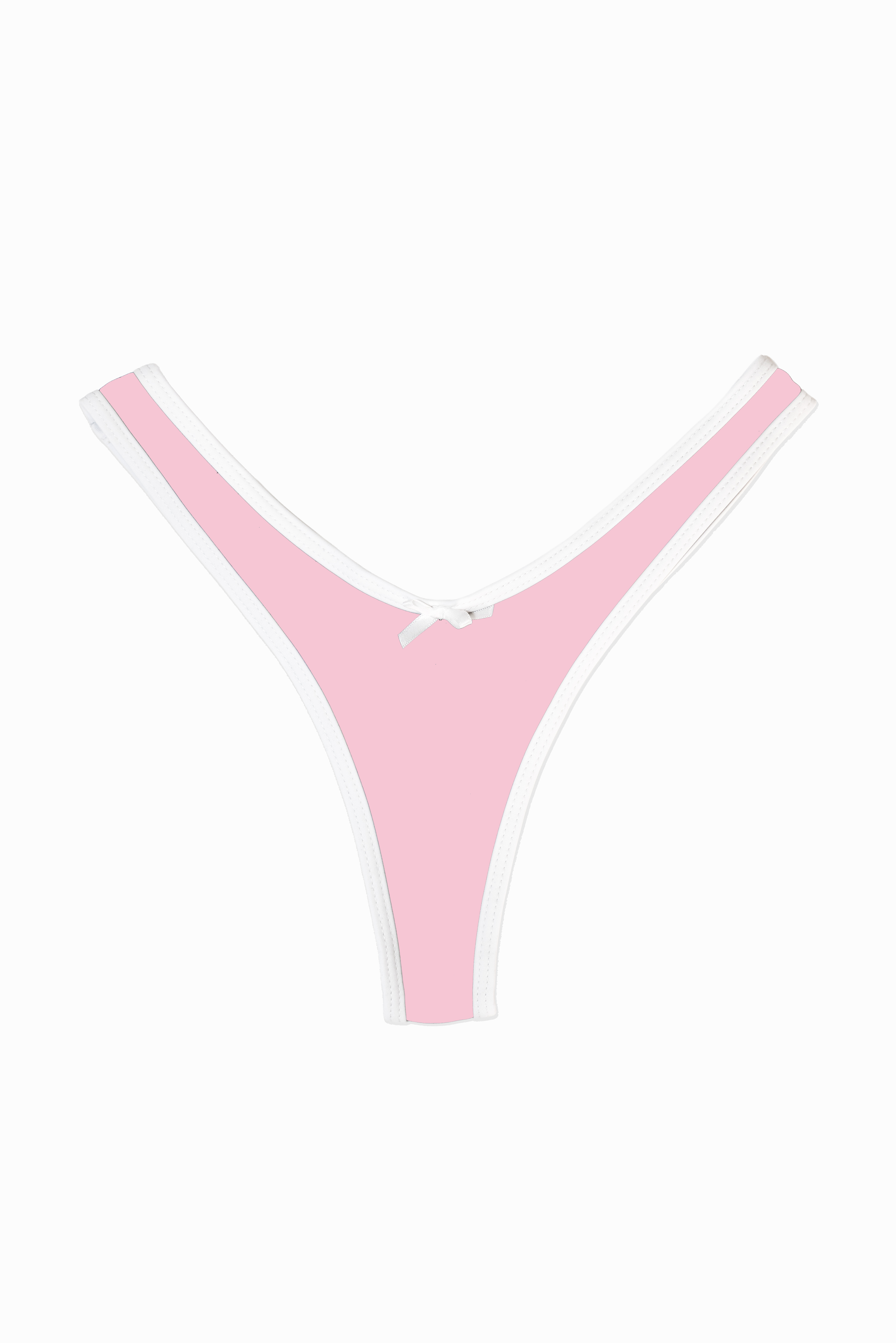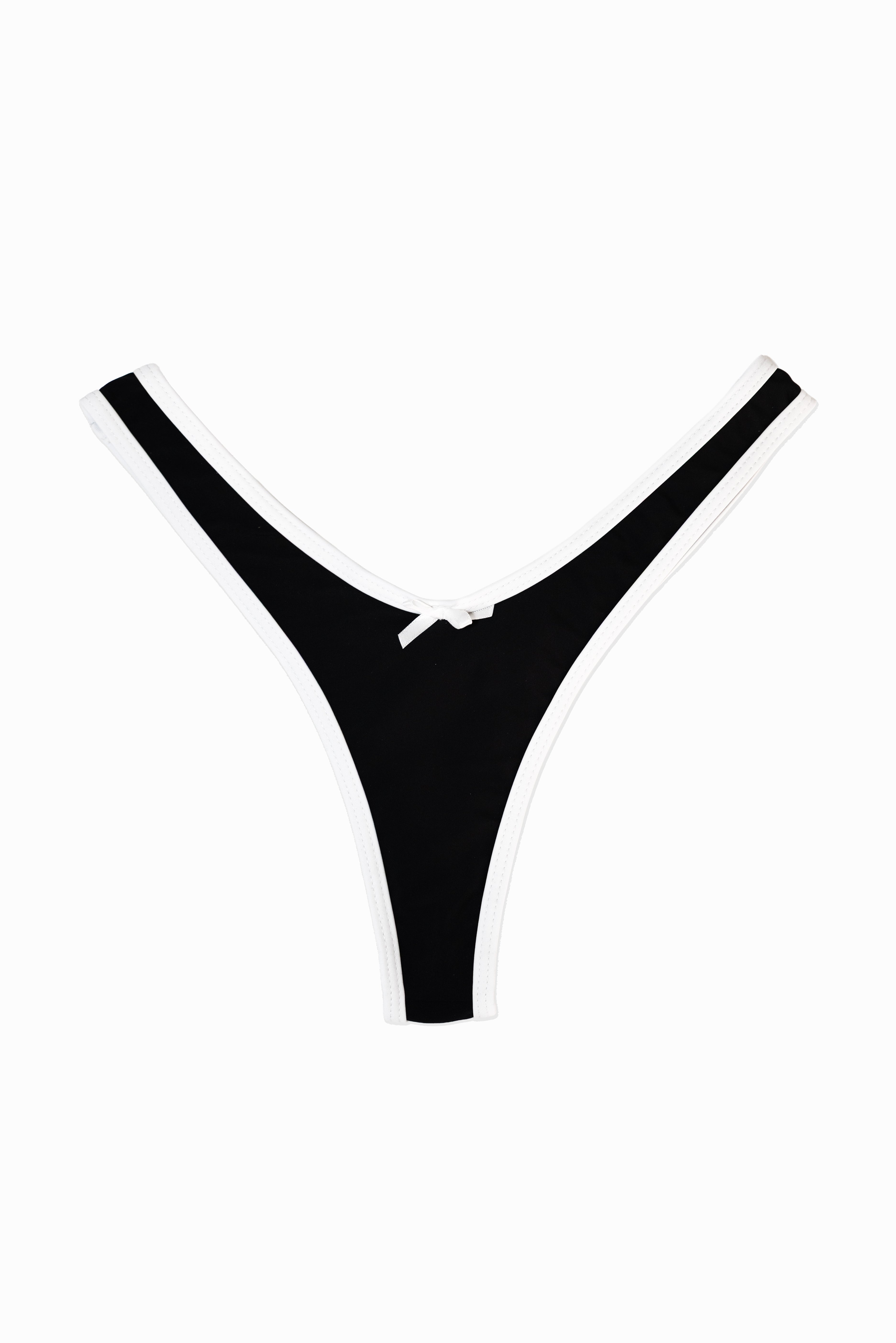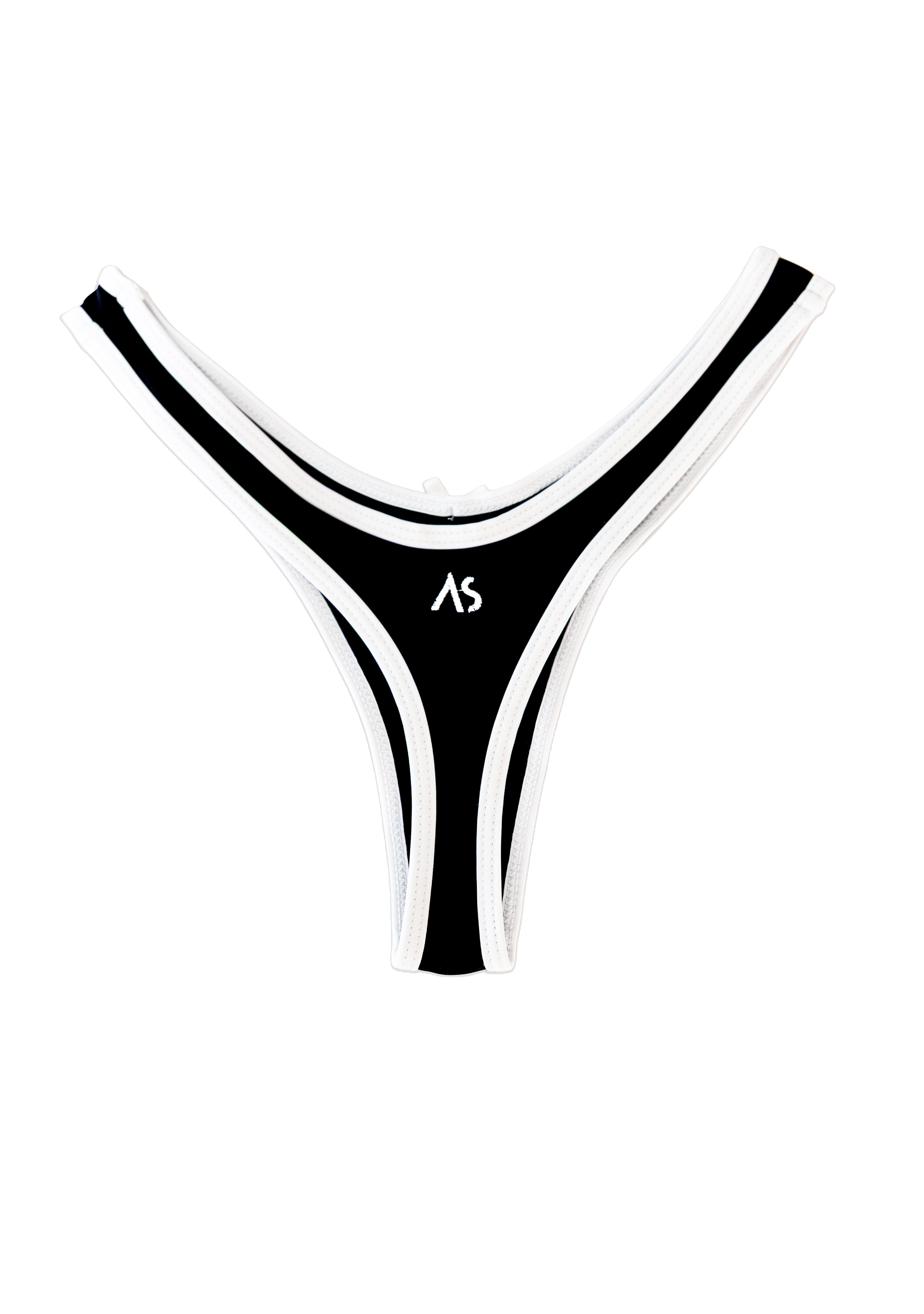“Are bikini pics inappropriate?” It’s a question that resurfaces constantly, especially in online spaces where opinions are loud and often polarized. But the truth is, this conversation isn’t about bikinis — it’s about perception, projection, and the importance of intention.
Intention Over Image
A bikini photo, by itself, is not inappropriate. Just like a photo of someone in athletic wear, a tailored suit, or lounging in their living room, it’s a moment — a frame — pulled from a bigger story. The intent behind the photo is what gives it meaning.
For many people, especially women and fitness influencers, posting a bikini photo is a celebration of progress, discipline, or confidence. Maybe it’s about showing the results of months of training. Maybe it’s a promotion for their own swimwear brand. Maybe it’s simply about feeling good in their own skin. That’s not inappropriate — that’s human.
To say a bikini pic is inappropriate by default is to ignore context. It’s like saying posting a picture of your house is “bragging” — when in reality, it could be a symbol of pride, progress, and hard-earned success.
The Problem With “It’s Because It Turns Men On”
One of the most common criticisms is that bikini pics are “inappropriate because they’re sexually enticing to men.” But that argument is not only flawed — it’s dangerous. Why? Because what people find sexually attractive is wildly subjective and deeply cultural.
In some cultures, legs are considered highly seductive; in others, it’s collarbones, wrists, or even a simple smile. Does that mean women should hide all those things too? If the barometer for what’s inappropriate is “what someone might find arousing,” then everything becomes fair game for shaming, and no one wins. That opens a door for judgment that quickly becomes abusive, controlling, and sexist.
We can’t build a fair, respectful society by catering to every potential interpretation of desire. The burden of interpretation lies on the viewer, not the person living their life, expressing joy, or celebrating themselves.
Fitness, Confidence, and Brand Identity
There’s a massive double standard at play. Men can post shirtless gym selfies and be applauded for dedication. Women post in bikinis and are told they’re “attention-seeking.” But in both cases, it’s often about documenting a journey or celebrating results.
Fitness coaches, athletes, and models — male and female — often use their bodies to build credibility, promote their brand, or simply feel empowered. To label that as inappropriate ignores the reality of what it takes to get there: discipline, vulnerability, and courage.
Judging on Looks Alone Is a Slippery Slope
When we start judging photos based solely on what’s being worn — or how much skin is showing — we reinforce a culture of surface-level thinking. Worse, we encourage people to judge others by arbitrary, often culturally-biased standards
If we say a bikini is wrong but a tight dress is okay, or a low-cut top is fine but swimwear isn’t, we’re not protecting anyone — we’re just gatekeeping based on personal comfort. And comfort isn’t a reliable moral compass.
So, Are Bikini Pics Inappropriate?
No — not inherently. Bikini photos are not a crime against decency, and they’re certainly not a threat to society. The real question is: What’s the intent behind the photo? Is it about self-love? Fitness? Promotion? Confidence? Travel? Then it’s not inappropriate — it’s expressive.
The better question might be: Why do we still feel the need to shame people for sharing joyful, confident moments?
🔑 Key Takeaways:
-
A bikini photo is only inappropriate if the intention is harmful or exploitative — not just because skin is showing.
-
Judging based on “what’s sexually enticing” is subjective and culturally biased.
-
Many people post bikini pics to celebrate fitness, healing, or personal success.
-
The argument of inappropriateness often reflects the viewer’s assumptions, not the poster’s reality.
-
Self-expression is not the same as seeking attention — especially when it’s rooted in growth or branding.
Bottom line: Let’s shift the focus from shame to intention. After all, celebrating your body isn’t offensive — it’s empowering.























Share: